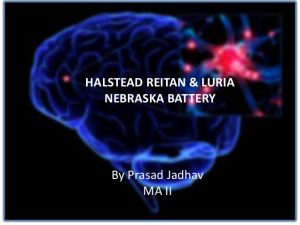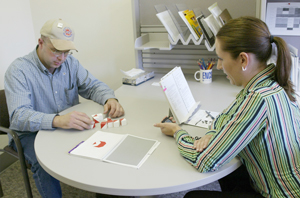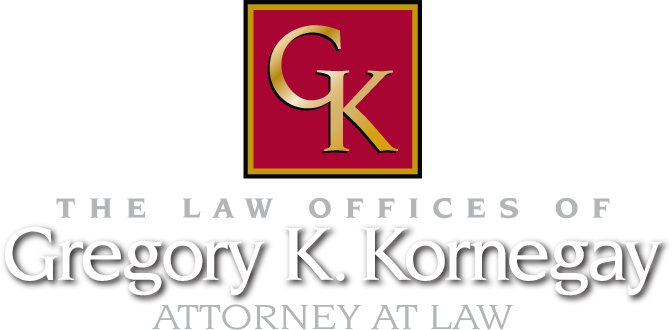Organic Brain Syndrome
There are two types of organic brain syndromes. The first kind is caused by trauma such as in an accident where there was a head injury (i.e., motorcycle accident). The second 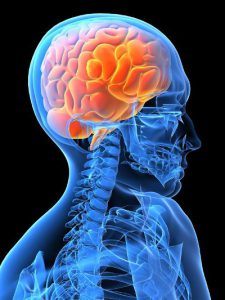 kind of organic brain syndrome is called progressive dementia, with the most commonly occurring one being Alzheimer’s disease. The medical community has a tendency not to spend much time in trying to diagnose organic brain syndromes since the effective treatments are so limited. Some doctors may not even tell the patient or the family about the diagnosis since they may feel there is nothing that can be done with the information.
kind of organic brain syndrome is called progressive dementia, with the most commonly occurring one being Alzheimer’s disease. The medical community has a tendency not to spend much time in trying to diagnose organic brain syndromes since the effective treatments are so limited. Some doctors may not even tell the patient or the family about the diagnosis since they may feel there is nothing that can be done with the information.
Psychological testing is a very important component of analyzing these types of cases. However many times the right testing has not been done. For most cases you will see that a Weschler Adult Intelligence Scale test (WAIS) and a Bender- Gestalt test has been performed. These only test for a very limited range of mental functioning. 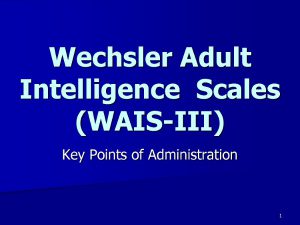
There needs to be a neuropsychological test administered such as the Luria-Nebraska and Halstead-Reitan. The neuropsychological testing is expensive and this keeps many people from being able to obtain these types of tests. The WAIS and the 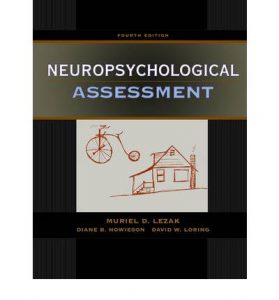 Bender – Gestalt are better than nothing and are somewhat effective at showing organic brain syndrome and many time this will be all the testing that is available.
Bender – Gestalt are better than nothing and are somewhat effective at showing organic brain syndrome and many time this will be all the testing that is available.
Symptoms of Organic Brain Syndrome are:
- Disorientation to time and place
- Memory impairment, either short-term (inability to learn new information), intermediate, or long-term (inability to remember information that was known sometime in the past)
- Perceptual or thinking disturbances (e.g., hallucinations, delusions)
- Change in personality
- Disturbance in mood
- Emotional lability (e.g., explosive temper, sudden crying, etc.) and impulse control problems
- Loss of at least 15 I.Q. points from premorbid levels or overall impairment index clearly within the severely impaired range on neuropsychological testing (Luria-Nebraska or Halstead-Reitan psychological tests).
If the organic brain syndrome case involves head trauma, then the original treatment and hospital admissions should be shown as part of presenting the case to the Social Security Administration. Most importantly, CT scans and MRIs are crucial, since they can be used in conjunction with psychological testing to get a overall picture of the person’s severity level. In addition if the person with organic brain syndrome has attempted vocational rehabilitation, the results of this tenant should be used as evidence. Of course obtaining the medical opinion of the treating doctor is needed. Please keep in mind however that the treating doctor is unlikely to give a very detailed opinion about organic brain syndrome if there has been no psychological testing. The Social Security judge will focus on the following factors:
- Restriction of daily activities
- Problems with social functioning
- Problems with concentration, persistence, or pace
- Repeated incidents of decompensation, each of long duration
What Our Clients Say:
Member:
Attorney Gregory Kornegay
Greg is a trial attorney in Wilmington with over 30 years of experience. Greg was born and raised in southeastern North Carolina. Before law school he managed a store with employees making a payroll every week. His first job out of law school was as an Assistant District Attorney investigating and trying cases for the State of North Carolina. Through the years he has handled many different types of cases – including death penalty cases.
Being married with children has been a blessing and a challenge, but has served him well in understanding the problems individuals and families face as they live out their lives. Greg believes that each case is different and the needs of each client are unique, but there are certain themes of life that we all share.


